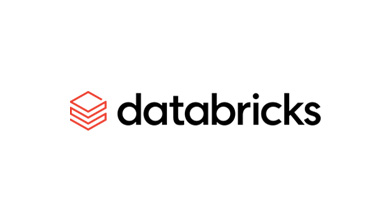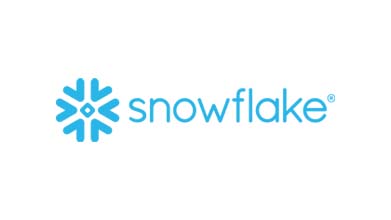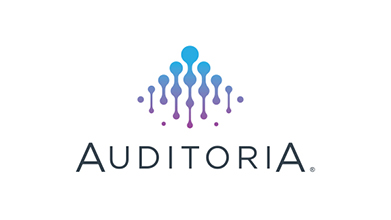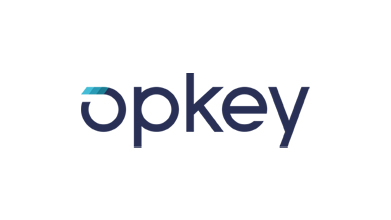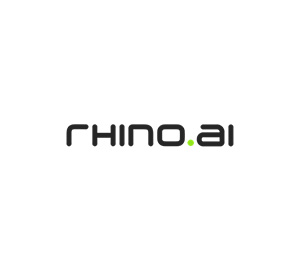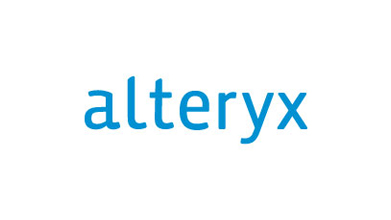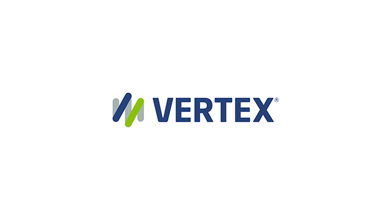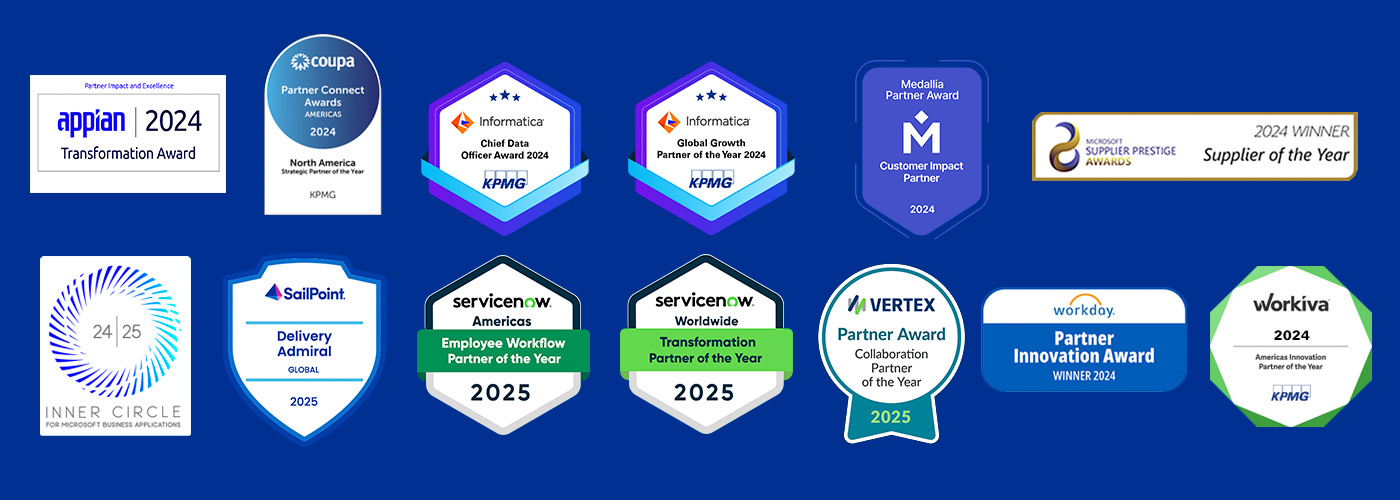Innovating with leading technology partners
At KPMG, we always strive to bring our best to clients by joining forces with leading technology providers. This complements our deep business and technology expertise, diverse perspectives, and specialized industry knowledge. Through these strategic alliances, we deliver innovative solutions that help clients unlock strategic value, drive quicker ROI through accelerators, and overcome challenges to create new business value. By leveraging market-leading and emerging technologies, we maximize technology investments and achieve business objectives, ensuring sustained success in an ever-evolving marketplace.
Featured Strategic Alliances
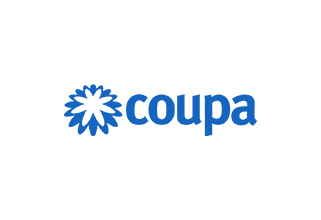
Coupa
Total spend management

Google Cloud
AI, multi-cloud, NextGen data
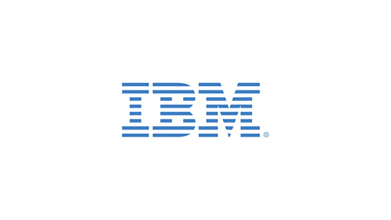
IBM
AI, hybrid cloud, integration technologies
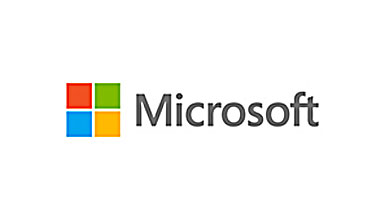
Microsoft
Data & AI, cloud, cyber, business applications

Oracle
Cloud applications, infrastructure, AI
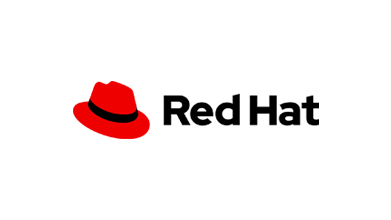
Red Hat
Open-source technologies for hybrid cloud + AI
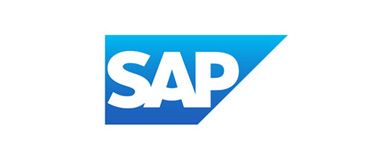
SAP
Business applications and technology
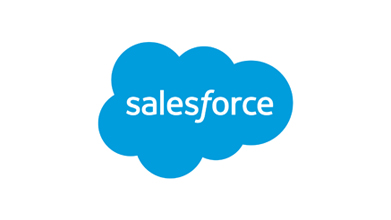
Salesforce
Customer relationship management, Agentforce
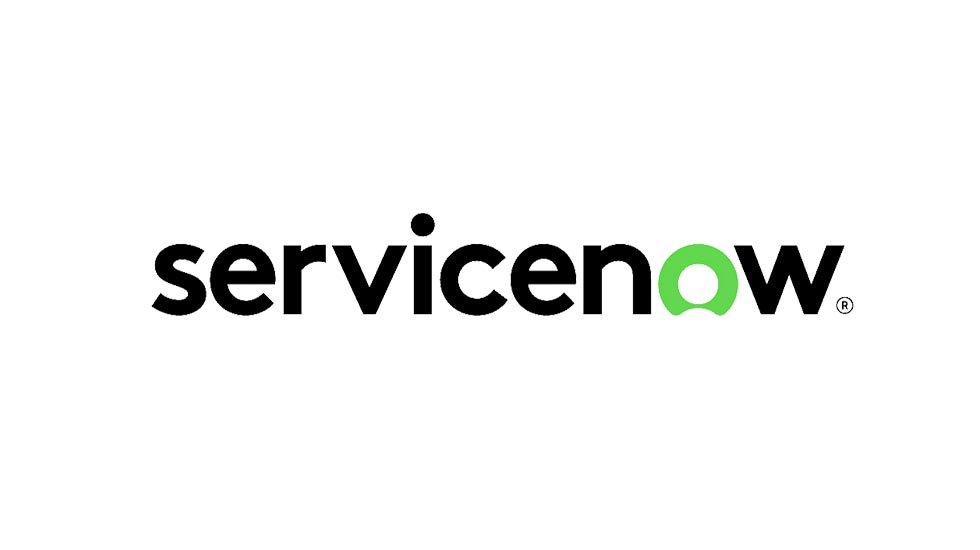
ServiceNow
Enterprise AI, data, workflows
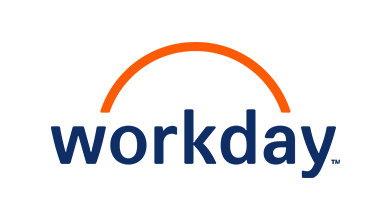
Workday
Finance, Human Capital Management, AI
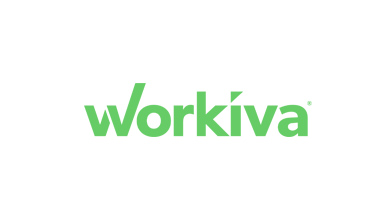
Workiva
Reporting, risk management, compliance
Featured Tax Alliances
All our strategic alliances
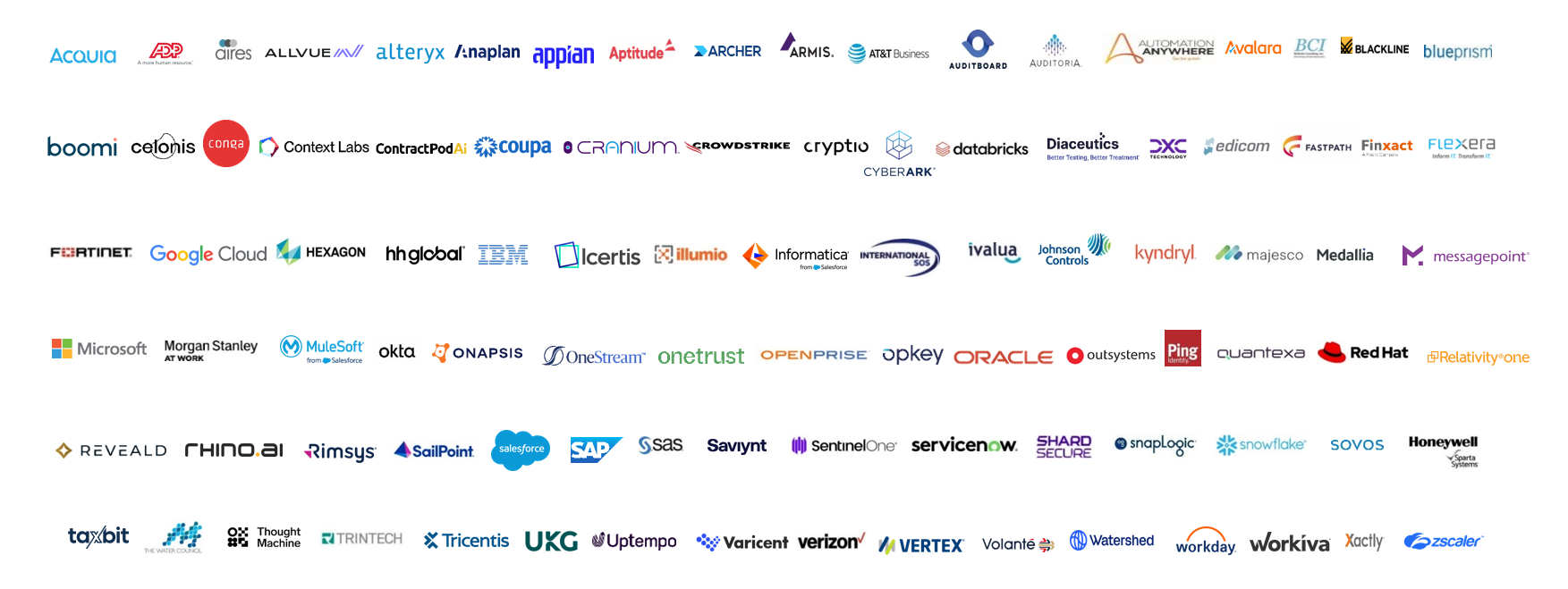
IN THE NEWS
Alliance news
KPMG launches AI Trust services to transform AI governance, enabled by ServiceNow
Suite of services aims to help organizations ensure AI reliability, accountability and transparency.
KPMG recognized as the 2025 ServiceNow Worldwide Transformation Partner of the Year
Global awards acknowledge KPMG firms’ commitment to driving innovation and delivering exceptional value to clients.
KPMG Joins Google Cloud's Security Partner Program to Strengthen Enterprise Cybersecurity
KPMG strengthens client cybersecurity platforms as part of Google Cloud alliance and to build on its $100 Million AI-driven investment
KPMG Launches new AI incubator for Salesforce Agentforce
The incubator is an evolution of KPMG’s leadership in AI and data modernization and will draw on the firm’s industry and customer engagement experience.
Delivering great outcomes for our clients
Discover how our business leaders are creating value and delivering value with KPMG at their side.

How a critical IPO sprint helped put a company in control for the long run

Their new IT platform helped brighten a million futures

ATLAS SP didn’t get what they expected from a 16-week HR transformation. They got much more.

Global human resources transformation
Tyson Foods taps the power of Workday and ServiceNow to service team members worldwide

HP transforms complex M&A with data, analytics, and AI
Dynamic new suite of tools helps empower client to accelerate complex transactions and optimize value

Whataburger
Hear from our client, Whataburger, on why they chose to work with KPMG and Workday to help transform their operations.
Where to find us

KPMG at SAPinsider Conference 2026
KPMG is a sponsor at SAPinsider 2026 in Las Vegas
Google Cloud Next ‘26
KPMG is proud to be a Premier sponsor at Google Cloud Next ’26 in Las Vegas. Join us to find out how the latest Google Cloud solutions can help leverage AI Agents and platform-thinking to deliver tangible results for your business today.
The #1 firm for consulting quality in the US
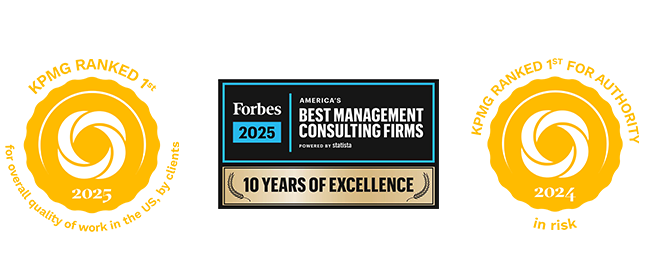
In a recent survey of clients by Source, KPMG was ranked the #1 firm for quality of work and recognized as the leading authority in risk consulting in the US. The firm was also named one of America’s best management consulting firms by Forbes.
1: Source Perceptions of Consulting in the US, 2025
2: Forbes Media LLC, 2025
3: Source Perceptions of Risk Firms in 2024
Meet our team

See all our alliances
No results found.
KPMG and Google Cloud | Featured client stories
Explore how KPMG has helped clients reach their business objectives and transform their businesses.

KPMG and Workday | Featured client stories
Explore how KPMG has helped clients reach their business objectives and transform their businesses with Workday technology implementations.

KPMG and Microsoft | Featured client stories
Explore how KPMG has helped clients reach their business objectives and transform their businesses with Microsoft technology.

KPMG and Oracle | Featured client stories
Explore how KPMG helps companies transform business operations to become more efficient and competitive leveraging Oracle technology.

KPMG and SAP | Featured client stories
With over 6,000 SAP-specialized consultants, explore how KPMG offers market-leading services and future-ready SAP technology

KPMG and ServiceNow | Featured client stories
Explore how KPMG made a difference helping clients reach their business objectives and transform their businesses with ServiceNow technology implementations.


